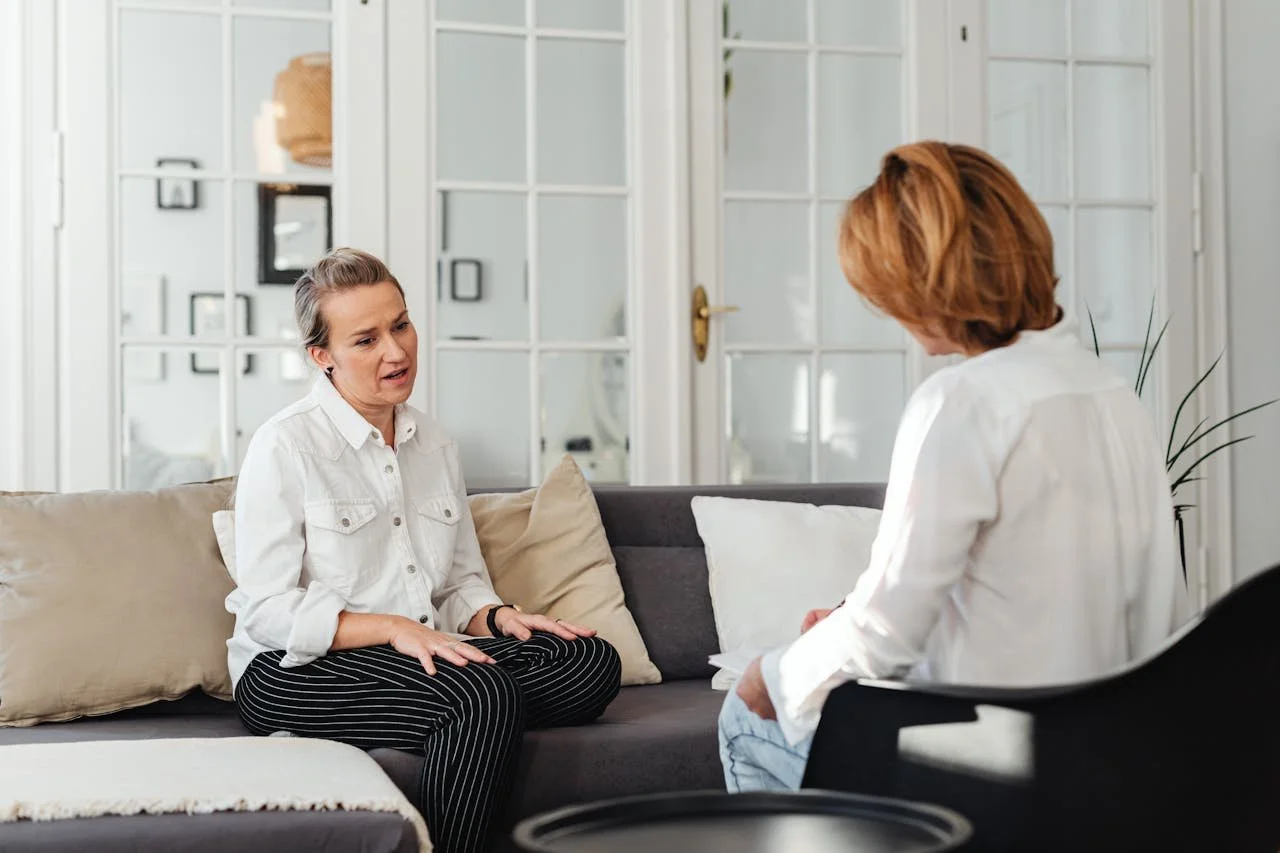How Individual Therapy for Depression Leads to Healthier Relationships
Depression is a complicated disorder that is far more than someone feeling sad. It’s a diagnosable condition that can be debilitating and ultimately lead to self-harm and suicidal ideation. In other words, it’s not something to tackle with just self-help and grit. However, due to the stigma associated with depression, many folks do not report symptoms or seek treatment.
This is where individual therapy enters the conversation. Even for people who are in long-term relationships, evidence shows that individual therapy (as opposed to couples counseling) can be the right choice to address depression and create a healthier relationship. Let’s learn a little more about this kind of scenario.
What is Individual Therapy and Why is It Good For Depression?
Of course, there’s an obvious definition for this term, as there is with group therapy and couples counseling. However, it’s worthwhile to drill down a little deeper to better understand what’s happening. Individual therapy is a form of psychotherapy that sets up a therapist with a client for a series of sessions. Therefore, someone with depression can reap benefits like:
Full focus: Individual therapy is fully personalized for the client/patient involved. You get the undivided attention of a highly trained and unbiased guide. In such a private setting, it can feel easier to open up and share.
Personal logistics: Since it’s just the two of you involved, scheduling is simpler. It also becomes easier to set a pace that you both agree on. The nature of this arrangement naturally becomes a method of improving your communication and interpersonal skills.
Progress: You’re the only one whose situation is being assessed. You may find these make it less daunting to identify root causes, counterproductive patterns, and self-sabotage. This can bring you back to a place in which you feel in control — a powerful form of positive momentum when depression is present.
Emotions: Getting to the root of depression can be emotionally challenging. Such work can feel more possible when it’s just you and a skilled professional.
Big decisions: Sometimes, a therapist may suggest medication as part of a treatment protocol. Discussing and reaching consensus on these critical topics is easier and can run more smoothly, of course, when only two people are involved.
How Individual Therapy for Depression Leads to Healthier Relationships
As you can discern from the list directly above, individual therapy is a type of relationship. It follows then that it can serve a dual purpose for people with depression who are in a relationship. They can overcome the oppressive power of a daunting illness. Simultaneously, they develop crucial new skills and tools that will benefit their connection with their romantic partner.
So many of the attributes needed to sustain a healthy relationship (problem solving, open communication, vulnerability, flexibility, etc.) are honed in the fire of individual therapy. They are thus available when you need them as a couple. However, such positive outcomes cannot come to pass if the depressed partner is hesitant to seek help.
What If Your Depressed Partner Will Not Seek Therapy for Depression?
Every scenario is different and involves unique factors, but here are a couple of universal suggestions to consider:
Resist impatience and frustration. Your partner is struggling and is not at their best. This is your opportunity to rise to the occasion.
Do diligent self-education about depression, individual therapy, and all related topics.
Validate your partner’s concerns about the many factors involved, e.g., cost, stigma, time, and more.
If any of the above information resonates with you and your partner, I invite you to contact me to learn more about depression therapy. It can be a game-changer in many positive ways.
